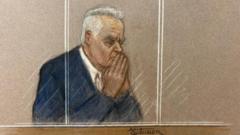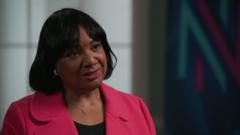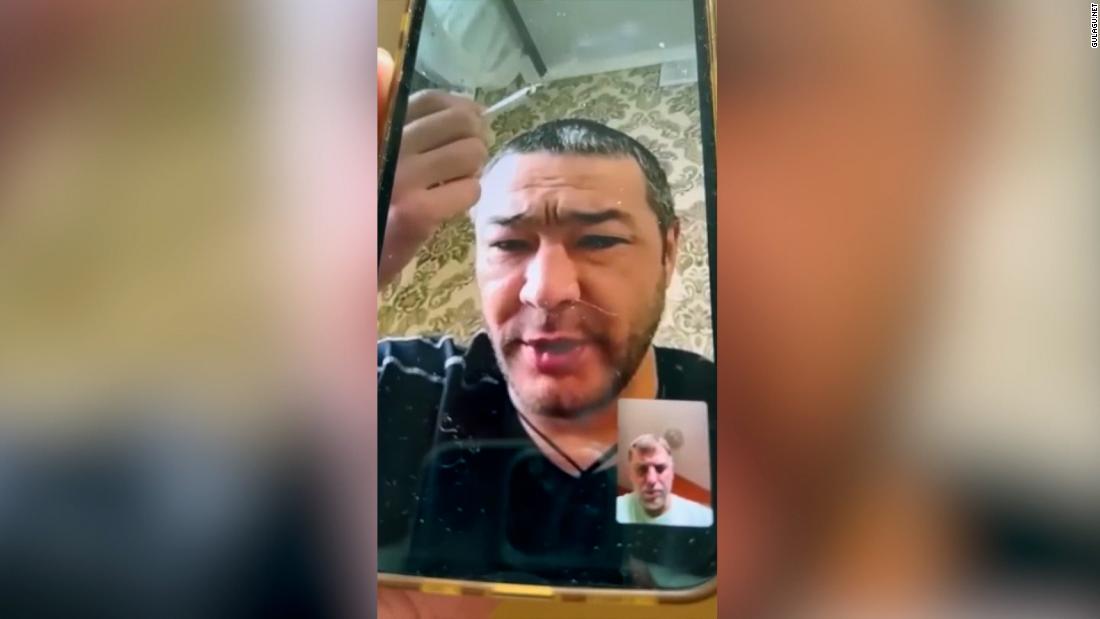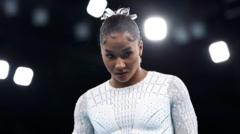What was most notable to me about the presidential debate a few weeks ago was that the candidates left almost as many questions unanswered as they actually deigned to answer.
These evasive actions recalled a brilliantly clever remark courtesy of Henry Kissinger, the former secretary of State. Arriving at a podium to start a press conference, he asked the assembled reporters, “Does anyone have any questions for my answers?”
Our current standard-bearers might as well have started their debate asking the moderators the same question. Kamala Harris and Donald Trump said more or less what they planned — or, in some cases, were scripted — to say all along, irrespective of the questions asked.
I’m now cringing at the possibility that the upcoming debate between vice presidential candidates Tim Walz and JD Vance will produce the same sideshow.
I know a little about training leaders and others to be interviewed by the media. In the course of my 30-plus years as a public relations strategist, I’ve prepped CEOS, university presidents, federal agency administrators, heads of major nonprofit organizations and A-list celebrity athletes and entertainers. I even went to the Pentagon to tutor military officers and to the New York Stock Exchange to coach a billionaire investment manager.
So I noticed all the instances in the Trump-Harris debate where the moderators asked a simple, straightforward question and received a response that failed to qualify as an answer.
Harris was asked whether Americans are better off now than they were before the Biden administration. She never answered. The vice president was also asked whether the tariffs the Trump administration ushered into policy were still in place. Again, no answer.
Trump was guilty of dodging questions, too (though, for my money, to a considerably lesser extent).
He was asked how he would go about deporting the millions of migrants who have entered the U.S. illegally. He never obliged us. Trump was also asked, “Do you want Ukraine to win this war?” The former president answered, “I want the war to stop.” Then came the question, “Do you believe it’s in the U.S.’s best interests for Ukraine to win this war? Yes or no?” He said only that it would be best to “get this war finished.” A clearcut non-answer.
My M.O. as a media trainer was typically basic and brief. I would conduct a mock interview with a client for about 15 minutes, pretending to be a reporter or correspondent, and then offer feedback on his or her performance. We often ran through the drill two or three times, depending on whether the client needed further practice.
My first tip to clients in all these sessions was to make sure to answer the question, preferably with a straight answer — the more direct the better. I routinely urged my clients to respond to a question right off with either a yes or a no, or at least a qualified maybe. Clients who neglected to follow this advice had to be reminded repeatedly.
For the record, my media training met with occasional success but also with frequent failure. I was responsible for readying “American Bandstand” legend Dick Clark to reveal his diagnosis of diabetes for a public health education campaign on “Larry King Live,” and it came off without a hitch. Then again, I took a university spokesperson through her paces before her live interview on the “Today” show, only for her to neglect — despite my drilling — to plug the school by name on-air.
In my experience, clients I try to prime for a big moment with the media are heavily inclined to say exactly what they want to say, no matter what you advise. So for all I know — and I do strongly suspect this to be the case, especially with Trump — the behind-the-scenes strategists who are counseling our candidates are running into the same resistance.
Of course, none of this slipping of would-be tackles is anything new, least of all in politics. Tap-dancing around questions and giving answers featuring circumlocution, over-contextualizing and other digressive maneuvers and rhetorical sleights of hand hark back to ancient Greek and Roman statesmen and emperors.
Still, debate moderators are acting as self-appointed proxies for the American electorate. As such, they should reflexively call out the candidates to prevent any ducking of punches. Just imagine how refreshing it would be for a moderator, faced with a candidate dodging a question — whether by design or just absent-mindedness — to say, “Excuse me, but the question we asked was such-and-such. Did you mean for that that to be your answer?”
Candidates have every right to say whatever they prefer to say. I recognize that. But I believe they owe us straight answers. No exceptions should be made. If nothing else, answering the questions asked is a matter of courtesy and respect for the American voter.
Bob Brody, a public relations consultant and essayist, is author of the memoir “Playing Catch with Strangers: A Family Guy (Reluctantly) Comes of Age.” He served for 12 years as a senior vice president and media strategist at Powell Tate in Washington D.C.















 English (US) ·
English (US) ·